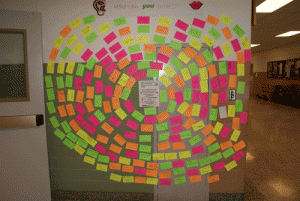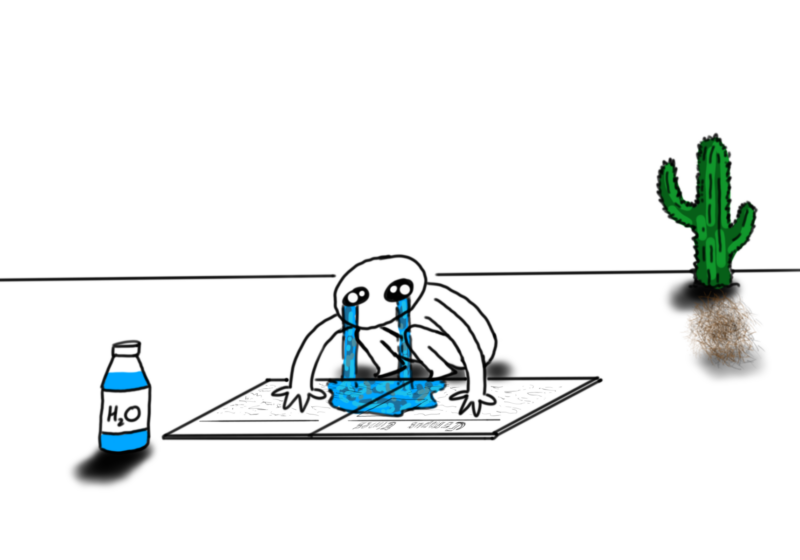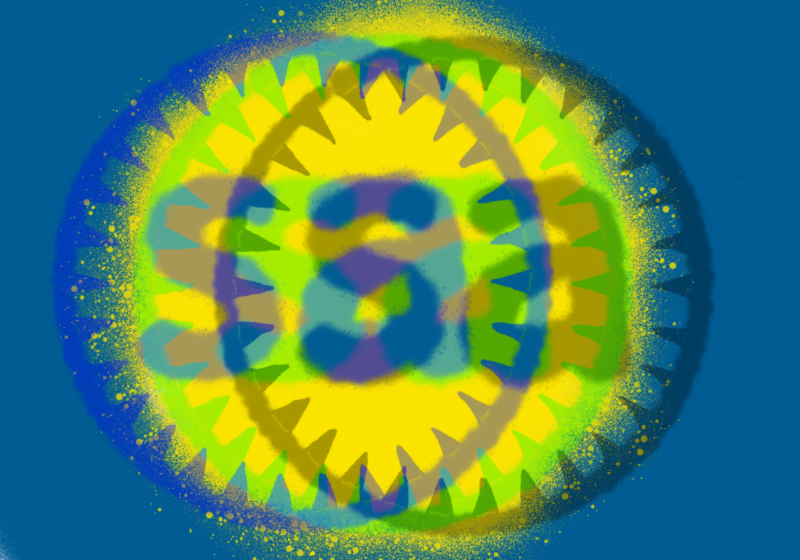Suicide is the second-leading cause of death among people 18 to 24 years old, and each year, five to eight percent of adolescents attempt suicide. Because of this, teen depression is an area of great interest among scientists — and a team of researchers from the UR Medical Center have set out to encourage individuals to seek out help when needed.
The team will undertake a substantial, long-term study of the effectiveness of a new suicide prevention program.
With support from the New York State Office of Mental Health and Suicide Prevention Initiatives, the study is all set to get underway.
The study focuses on a program entitled Sources of Strength, led by Peter Wyman, Ph.D., associate professor of psychiatry at the UR Medical Center.
Backed by a five year, $3 million grant from the National Institute of Mental Health, it will hone in on the high school population of New York and North Dakota. 36 high schools will be targeted, two-thirds of which will be in New York. Almost 14,000 students will be incorporated into the study.
The program will attempt to help teenagers handle stress and depression in a healthy manner.
Peer leaders will be selected who will work among their respective social networks to introduce stress management techniques and encourage support teams of friends. They will also encourage connections between teenagers and trusted adults to enforce the idea of seeking out help when needed.
When the study was first tested, Wyman and his peers discovered that trained peer leaders in large schools were four times more likely than untrained individuals to encourage a suicidal friend to talk to an adult.
“Most school-based programs are oriented by a medical model designed to identify students who already are suicidal or highly distressed and refer them to treatment,” Wyman said in a UR press release. “That approach has several limitations. The traditional approach assumes that mental health services are available and acceptable to most teens, which is frequently not the case.”
The University Counseling Center director Lisa Willis strongly supports Wyman’s philosophy. “Developmentally at this age, peers are a significant source of influence and a powerful mechanism to increase protective factors and buffer negative outcomes,” she said. “Isolation is a major risk factor and this study is looking at ways that connection in a community can add to traditional suicide prevention methods.”
The concept of using peer leaders in suicide prevention extends to the River Campus as well in the form of coping methods and stress management activities. UCC has a professional on call 24 hours a day, seven days a week. An online depression screening test is also available on the UCC website.
“At UR we work with Active Minds, a student run group, and train peer health advocates,” Willis said. “We continue to investigate ways in which we can use peer resources to strengthen our community.”
A proven stress alleviator, yoga classes are available at Goergen Athletic Center. The UR Hatha Yoga Club classw is offered twice a week.
President of the Hatha Yoga Club and junior Jeanette Epstein first began investing time in yoga upon arriving at college and has stayed faithful to it for the past three years.
“I was encouraged to try yoga due to my anxiety problems which mostly stem from my stress,” Epstein said. “I really started to practice regularly in order to leave the real world of papers, exams and work for an hour to maintain my sanity.”






